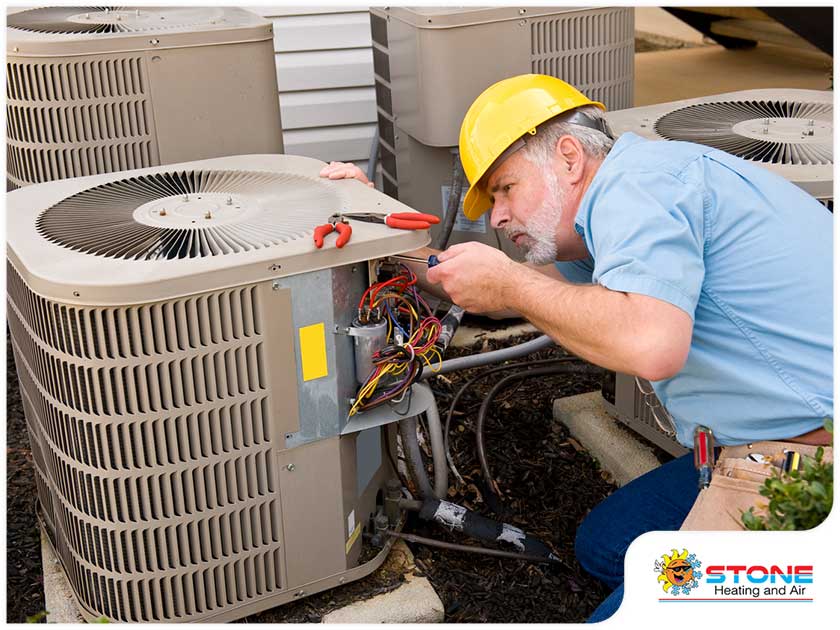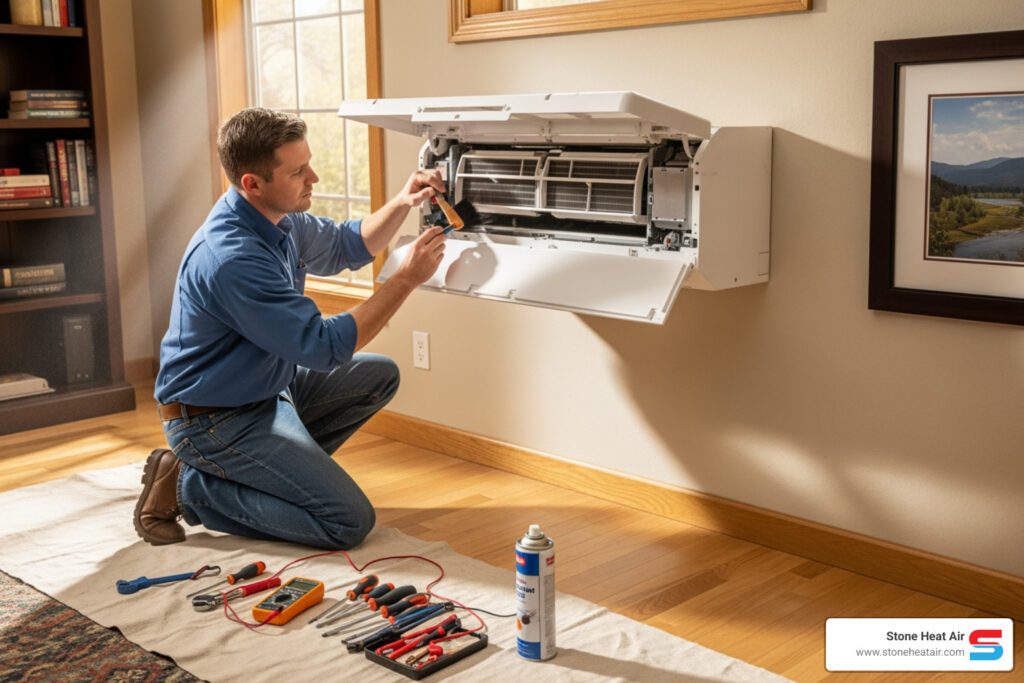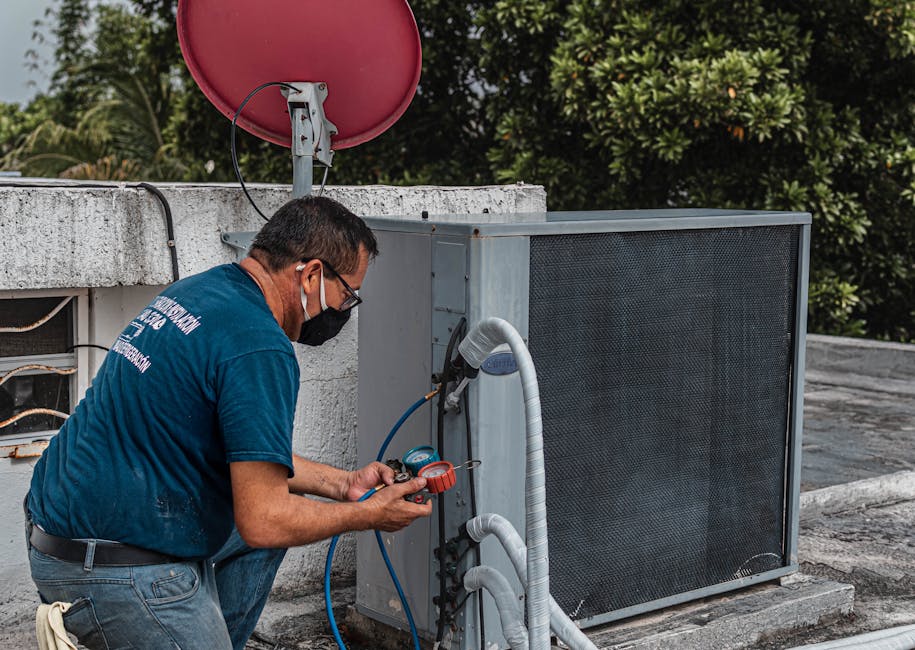What Causes an AC Capacitor to Fail?
A capacitor is a small, cylindrical component that sends energy to the motor that powers the air conditioning system. It’s located inside the outdoor unit, also called the condenser, and can lose its efficiency with day-to-day wear and tear. In this article, HVAC replacement company Stone Heating and Air shares the common reasons for AC capacitor failure and what to do about it.

Signs of AC Capacitor Failure
Common symptoms that indicate a problem with the AC capacitor include:
Smoke. As the capacitor starts to fail, it may emit smoke that smells pungent or acidic due to the chemicals within the component.
Leaks. It’s quite common for a failing capacitor to produce leaks.
Noise. Humming sounds coming from the air conditioner are usually an indication of a bad capacitor.
Startup failure. When the air conditioner is unable to perform its job, this may be a sign that the capacitor has broken down.
Causes of AC Capacitor Problems
Only an air conditioning repair specialist can correctly diagnose the root cause of capacitor breakdown. Some of the common reasons for these problems that they find are:
Physical damage to the capacitor.
Improper voltage or current traveling through the capacitor.
Overheating of the system.
Age-related wear and tear.
What to Do When the Capacitor Breaks Down
When the capacitor of your air conditioner fails, you need to call for professional service immediately. An experienced technician can determine whether the component can be repaired or has to be replaced. If a replacement is due, they’ll note the voltage and micro-Farad marked on your capacitor so they can find a new unit that matches.
You can count on Stone Heating and Air for high-quality HVAC repair and maintenance services. Our certified technicians aim to deliver the comfort and efficiency that each and every homeowner in Central Point, OR, deserves. Call us at (541) 313-5984 or fill out our contact form to schedule a free consultation.
Category: Air Conditioning, HVAC
Request An Appointment
Related Content



